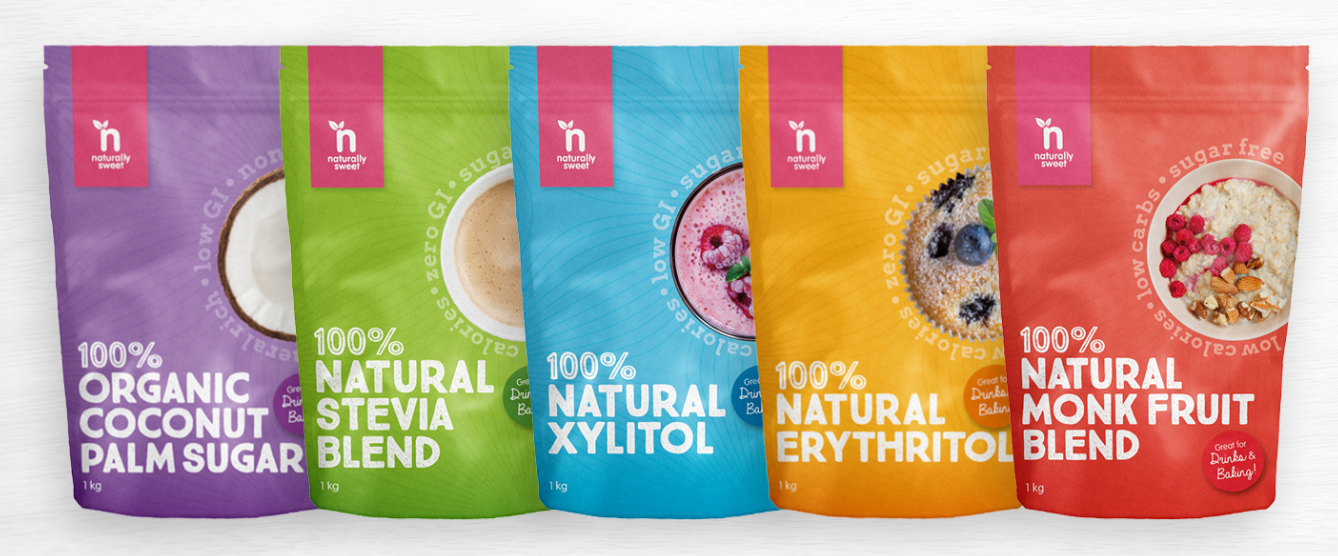Turku Studies
Daily use of xylitol in dental has shown remarkable effectiveness. Xylitol's noncariogenic five-carbon structure keeps it from being metabolized by bacteria, stopping the production of tooth-decay causing acid. By chewing gum containing at least one gram of xylitol, bacteria is prevented from creating the acids that damage the teeth. Regular use of Xylitol gum prevents plaque from gaining hold on dental surfaces. Hence, it protects the mouth between brushing and flossing for both adults and children.
Xylitol enhances the remineralization of teeth, particularly in small decay spots just developing in the tooth enamel. Bacteria are unable to produce acid in the presence of xylitol and as a result the plaque pH does not decrease. The stable pH prevents demineralization, and hardens the lining of the cavities making untreated cavities less sensitive. This was clearly demonstrated in the study done in Belize on school children. In a 1980's double blind study, 1,277 school children chewed gum several times a day. Some were given ordinary gum sweetened with sucrose; others were given gum sweetened with sorbitol or xylitol. After 40 months of gum chewing (including weekends, holidays, and vacations) the xylitol group experience 73% fewer caries, sorbitol group a reduction of 26%, and an increase of 120% of caries in the sucrose group. Xylitol's naturally cooling and sweet tastes also increase salivary flow, which optimizes the pH level in the mouth further promoting dental health. Research has confirmed and expanded on earlier findings.
Caries prevention: Xylitol vs. Control
Streptococccus mutans (S. mutans), is known to increase acid in the mouth, as they produce an acidic environment, additional acid-loving microorganisms have a selective survival advantage and exponential cause more damage. However, if the acid in dental plaque is kept low, then demineralization is slowed. Since xylitol slows demineralization and enables some rebuilding of the enamel, it assists in the prevention of new cavities from forming and over time can reverse tooth decay that already occurred. Studies have shown that taking in xylitol five times per day is very effective at preventing caries.
The evidence of xylitol's healthful benefits is difficult to dismiss or take lightly. Its sweetness, low glycemic index, and multifaceted benefits continue to make xylitol more appealing. Since patient compliance has an extensive impact on costs and strategies for dental care, all dentists should find something to smile about when it comes to xylitol.


